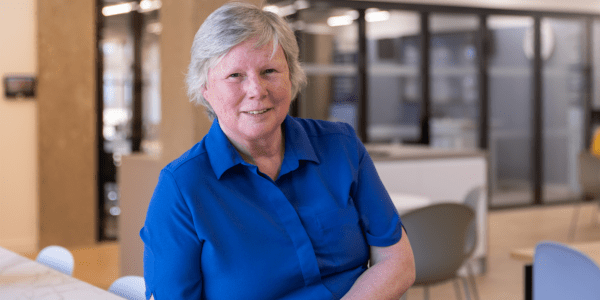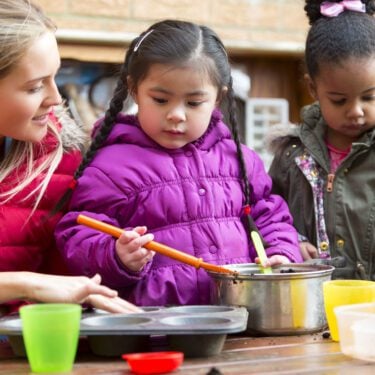
09/03/22
2 min read
People who have suffered extreme difficulties in childhood are more likely to commit crimes as adults than those who have not.
Childhood experiences such as poverty, maltreatment, school exclusion and police contact are associated with serious offending and frequent criminal convictions in adulthood.
Nuffield Foundation funded researchers at the University of Edinburgh tracked more than 4300 people to examine their involvement in crime and anti-social behaviour from age 12 to 35 years.
A quarter of the 4300 participants had at least one criminal conviction by the age of 35. These ranged from minor offences such as theft and speeding offences through to serious criminal offences such as serious assaults.
Whilst most people stopped offending in their teenage years, researchers found that drug use during adolescence, being a repeated victim of crime, and having an impulsive personality were associated with continuing to offend into early middle age for some.
A history of adverse childhood experiences and trauma in adulthood – such as bereavement, relationship breakdown, and having a serious accident or illness – also affected people’s ability to stay away from crime.
The findings are from the latest report of the Edinburgh Study of Youth Transitions and Crime. Since 1998, researchers have been recording the pathways into and out of offending of young people from secondary school age.
Professor Lesley McAra, of Edinburgh Law School and Co-Director of the study, said: “People who have contact with the criminal justice are not necessarily more likely to stop offending than those who do not. In fact, for some people, justice system contact may act as a catalyst for continued offending into adulthood.”
Professor Susan McVie at Edinburgh Law School and Co-Director of the Study, said: “Our research suggests that justice system intervention can only be effective in preventing offending and conviction if it works in parallel with other policy responses, such as increasing educational attainment, reducing child poverty, improving adolescent health and well-being, and dealing effectively with child maltreatment.”
For over two decades the Edinburgh Study has provided policymakers and practitioners with valuable source of information about the drivers and consequences of youth offending. This latest report provides further vital insight into the lasting effects of adversity experienced in both childhood and early adulthood and highlights the need for a joined-up approach to reducing offending”Rob Street, Director of Justice at the Nuffield Foundation
The findings mark the eighth phase of the award-winning Edinburgh Study of Youth Transitions and Crime, which to date has generated new understanding about youth offending and contributed to reform in youth justice policy and practice in Scotland.


































